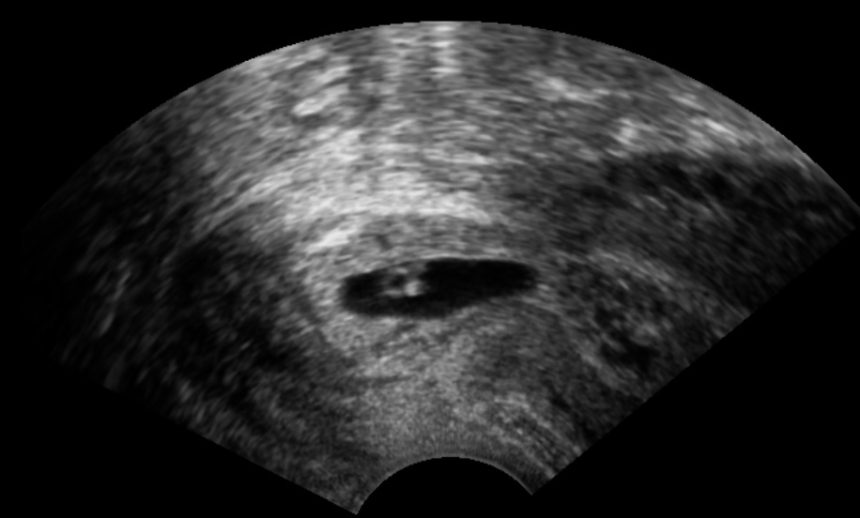While many are familiar with ectopic pregnancies, cervical pregnancy remains less known. This rare form of ectopic pregnancy occurs when the fertilized egg implants in the lining of the endocervical canal. An ectopic pregnancy happens when a fertilized egg implants and grows outside the uterine walls, most commonly in a fallopian tube, which cannot support the growing embryo, leading to loss of viability.
Cervical pregnancies typically become unviable within the first trimester; however, if the implantation is closer to the uterine cavity, known as a cervico-isthmic pregnancy, it may continue for a longer duration. Both conditions pose serious risks to the mother, as the embryo cannot survive outside the uterus, and continuing such a pregnancy can be hazardous to health.
Dr. Bob Achila, a pediatrician, explained that a growing embryo can cause the fallopian tube to rupture, leading to severe internal bleeding, shock, and potentially death if not treated promptly. He emphasized the importance of women being cautious and addressing any issues during the early months of pregnancy, especially those causing discomfort or extreme pain.
“There are several factors that can predispose a woman to ectopic pregnancy,” Dr. Achila noted:
1. A previous ectopic pregnancy slightly increases the risk of a subsequent ectopic pregnancy.
2. Infections in the pelvis, particularly pelvic inflammatory disease, as well as prior tubal surgery.
Dr. Achila also pointed out that daily routines and habits can be risk factors for these rare pregnancy complications, highlighting that women who smoke face a higher risk than non-smokers due to the impact on fallopian tube function.
Additionally, some contraceptive methods, such as emergency contraceptive pills (P2), can significantly contribute to the risk. Fertility treatments, especially assisted reproductive technologies like in-vitro fertilization (IVF), also add to the risk factors.
With these risks in mind, the doctor urged women to be alert for signs of ectopic pregnancy, which include vaginal bleeding, pain in the lower abdomen, pelvis, or lower back, and symptoms such as dizziness or weakness. Dr. Achila added that there is currently no accurate data in Kenya on the exact number of women who have experienced cervical pregnancies.



